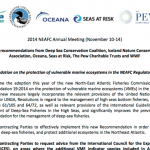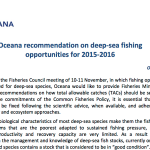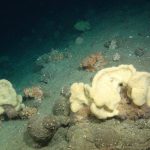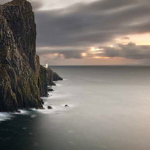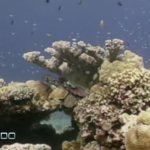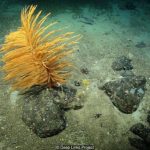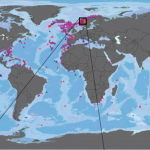In der deutschen Presse veröffentlichte Anzeigen fordern Fischereiminister Schmidt dazu auf, im Kampf um den Schutz der europäischen Tiefsee eine Führungsrolle zu übernehmen. Die DSCC und viele weitere Organisationen haben sich zu Beginn des Jahres mit einem Schreiben an Bundesminister Schmidt gewandt. Verschaffen auch Sie sich Gehör. Tweeten Sie:
Continue reading DSCC startet Tiefsee-Kampagne in Deutschland


